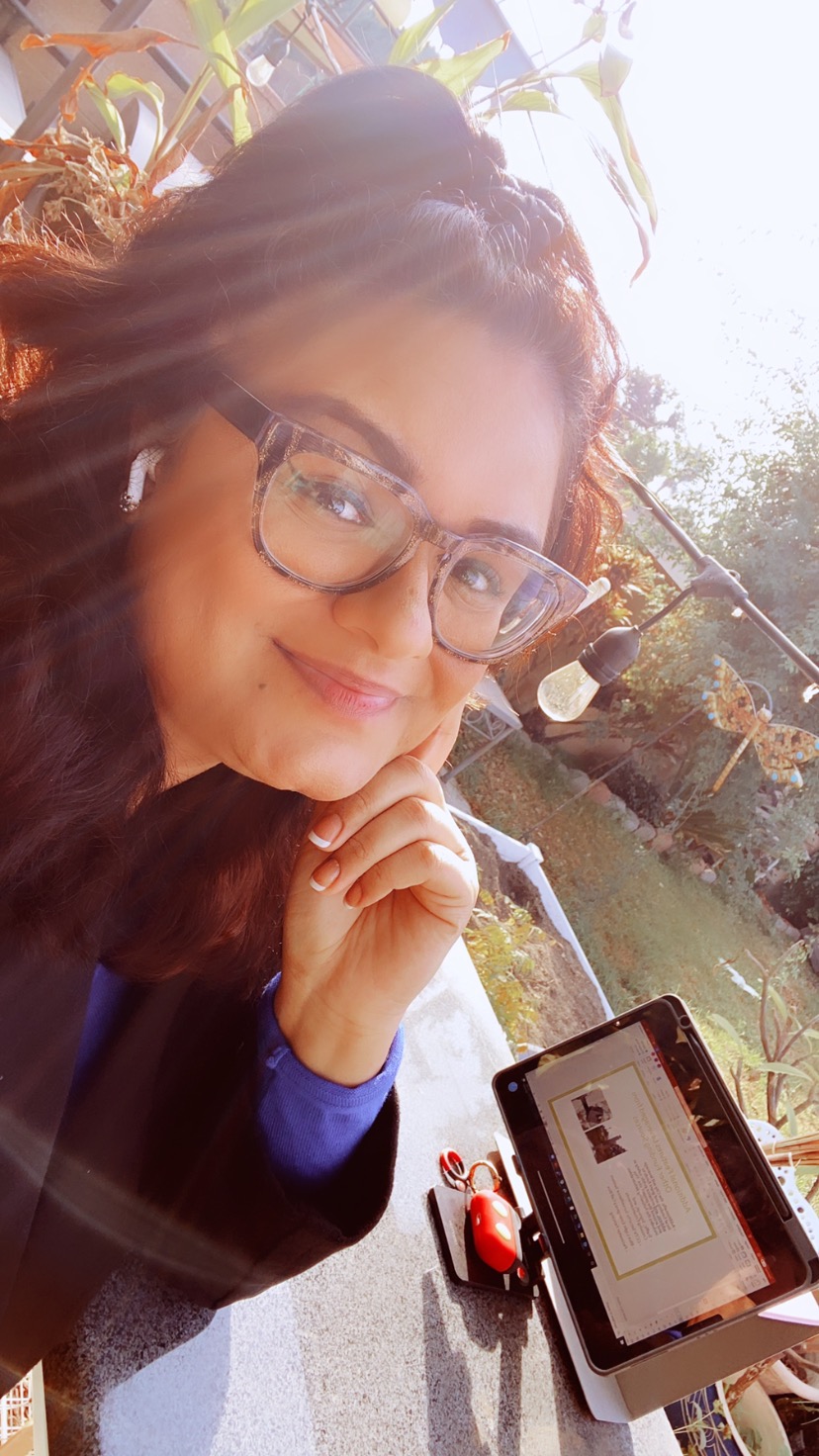Synopsis - Chasing Coral: The Bigger Picture
- Jazzari Taylor

- Jan 4, 2021
- 2 min read
“My love I sit here, I ponder you. I sit on this coral reef. Cross legs arch-feet. Arms and elbows resting on my knees. As I spy the ocean blue. I sit here, I ponder of you.” (James Edward Lee Sr., 2018)
It once was unimaginable that such a beautiful place such as the Ocean’s coral reefs would soon face extinction . The documentary Chasing Coral, an original series on Netflix, documents the disappearance of the most diverse ecosystems in the world.
Research and questions that initially emerged surrounding the underlying reason for the weedy sea dragon disappearance by Richard Vivers, an underwater photographer who enjoys scuba diving. Vivers funded the project to research and understand the ecosystem and changes that are occuring in response to the disappearance later shifted narrative to Zack Rago. Rago was brought onto the project as a camera technician because of his experience on Chasing Ice a similar issue addressing climate change but totally different projects. Little did they know that Rago had a profound interest in Coral Reefs since he was a child, learning the functionalities and the taxonomy (naming of the corals). His interest and perspective became emotionally involved in the research.
The result of coral bleaching has caused a loss of 80-90% of corals in Florida, USA alone and nearly 50% of the Corals world wide. The ecosystem, living organisms, fishes and life has been killed off and disappeared from the areas. What does that mean for the planet for the bigger picture? What and how was the bleaching of the corals occuring in the first place?
“Simplicity on the outside does not mean simplicity on the inside” Dr. Ruth Gates, Coral Reef Biologist. Almost self sustainable animal plants that are called Individuals have polyps on the outside that functions as a feeding system like a tentacle, mouth and stomach, millions across their tissues like “food factories”. Photosynthesis during day and at night comes to life to feed itself. Coral reefs depend on an equal collaboration on species for survival and without one or the other our entire ecosystem is in jeopardy.
After months of research the coral reef bleaching has been linked to the temperature change in our oceans by only two degrees celcius. The rise in temperatures is linked to Global Warming which by all means in my own research and knowledge is contributed to fossil fuels.Our entire ecosystem depends on Corals and it is our responsibility globally to make changes and demand large industries to regulate fossil fuels emissions and invest in sustainable energy.

Chasing Coral (2017) follows a team of researchers and filmmakers as they document coral bleaching events. Image from Netflix.
Citation:
“Chasing Coral.” Netflix Official Site; Director Jeff Orlowski, 14 July 2017, www.netflix.com/title/80168188.
Lee Sr., J.E., 2018, I Ponder You as I look at The Ocean Blue, Poetry Soup.
_1082542 file accessed 01/28/19)








Comments